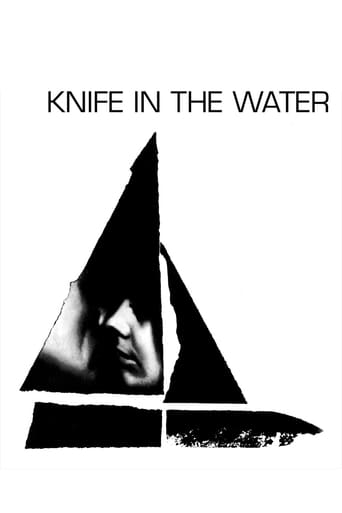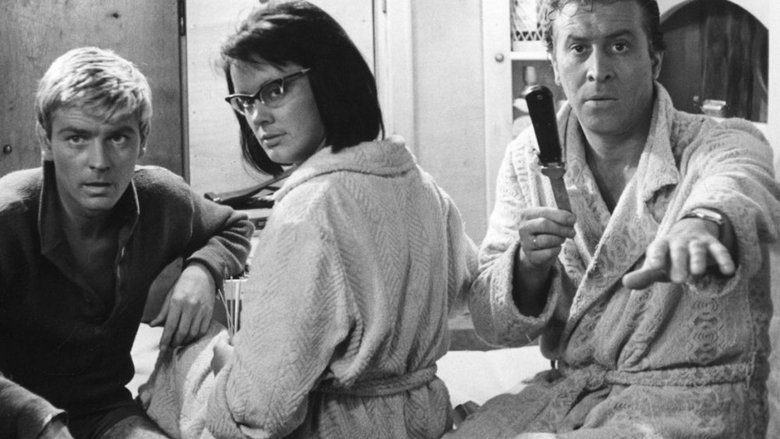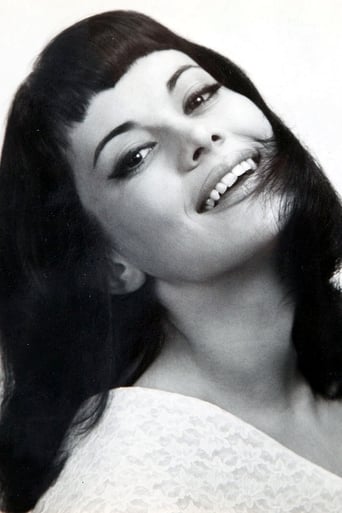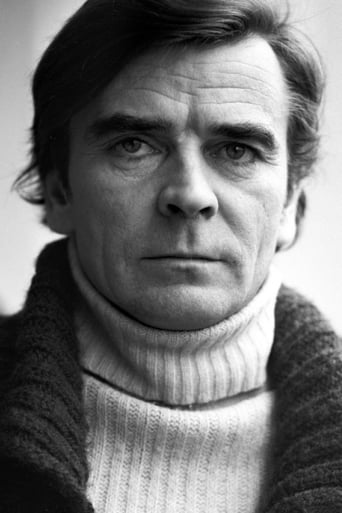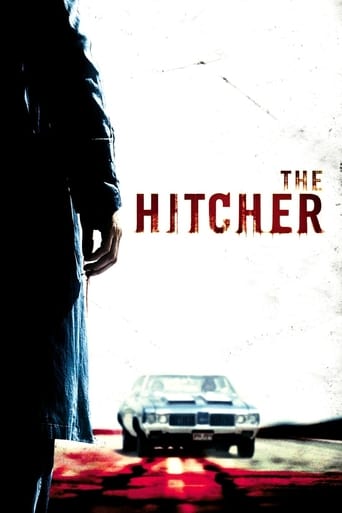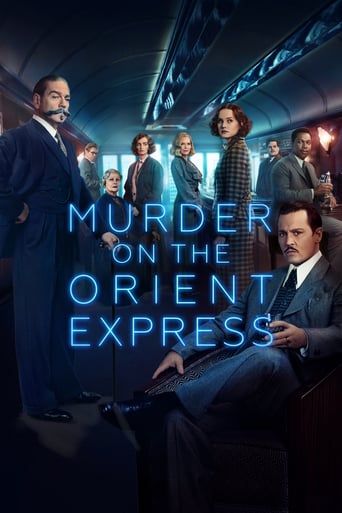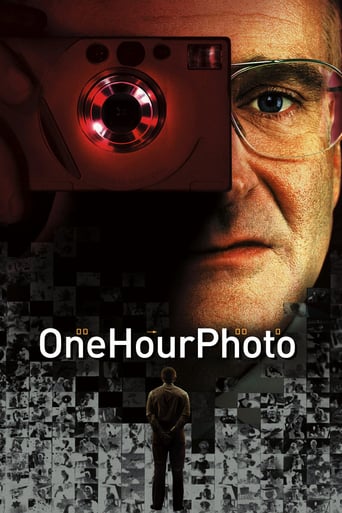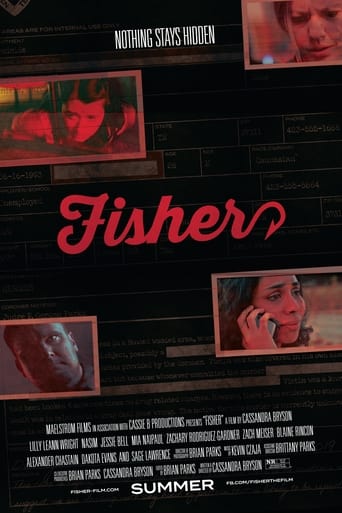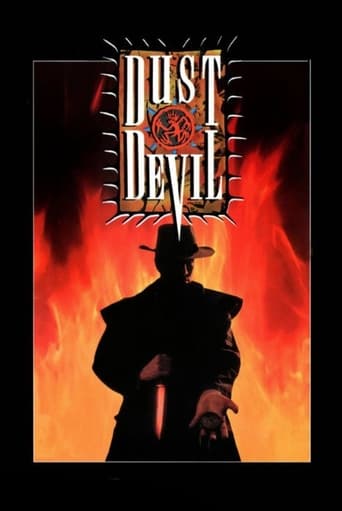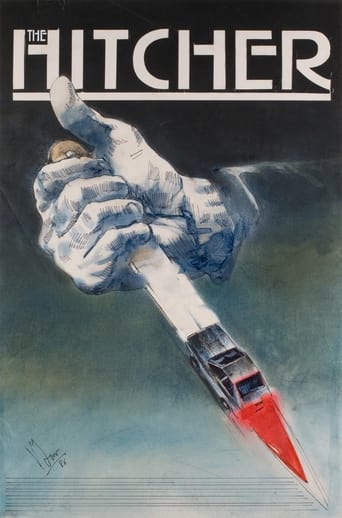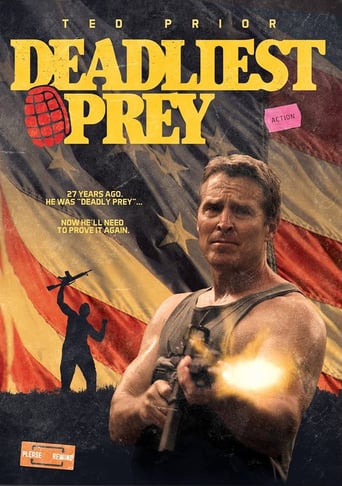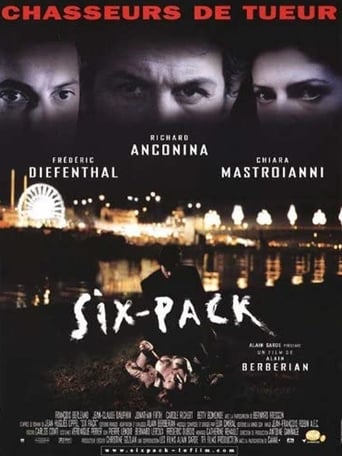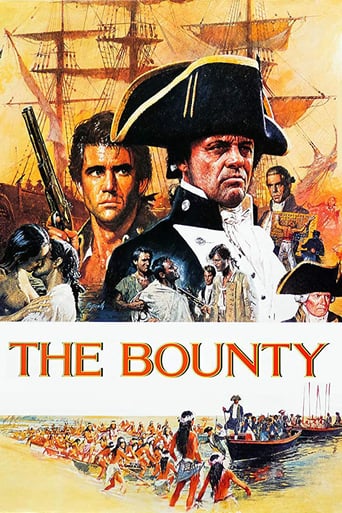Knife in the Water (1963)
On their way to an afternoon on the lake, husband and wife Andrzej and Krystyna nearly run over a young hitchhiker. Inviting the young man onto the boat with them, Andrzej begins to subtly torment him; the hitchhiker responds by making overtures toward Krystyna. When the hitchhiker is accidentally knocked overboard, the husband's panic results in unexpected consequences.
Watch Trailer
Free Trial Channels
Cast


Similar titles
Reviews
Sorry, this movie sucks
The performances transcend the film's tropes, grounding it in characters that feel more complete than this subgenre often produces.
It's the kind of movie you'll want to see a second time with someone who hasn't seen it yet, to remember what it was like to watch it for the first time.
I think this is a new genre that they're all sort of working their way through it and haven't got all the kinks worked out yet but it's a genre that works for me.
A marvellous first feature and although Polanski was approached to remake the film with big US stars, he said he wasn't interested in repeating himself. To give him credit, he never did. It is usually possible to tell a Polanski film fairly quickly because of the slightly off kilter subject and the dialogue. This one, probably not, for although it is incredibly well made, presumably under difficult circumstances, it is more pastoral than any of his others. True there is the human triangle here with two men battling it out, here not particularly for the woman but because they must. It strikes me that we are given enough hints in the wonderful car sequence at the start, that all is not entirely well in the couple's relationship and it is the emergence of the young student that seems to give him a chance to show how good he jolly well is. Great music, great composition, spot on dialogue and a major achievement to entertain so fully with simply a cast of three and all in glorious black and white.
Often eclipsing Roman Polanski's early and remarkable films are his contemporary allegations, which we've all read about time and time again thanks to endless tabloid cycles that circumvent and reveal nothing new (same goes for Woody Allen), and circumstances as a young child, who saw his mother killed in Auschwitz and himself subsequently enduring many life-or-death situations in order to escape Nazi Germany. When Polanski left Germany in the early 1960's, he was a poor drifter with few belongings and fewer ideas about what he could do to maintain and forge a solid living. His angst and doubt - in addition to ideas of sexual tension and a bitter generational divide - are encapsulated in his debut film, Knife in the Water, a film with only three actors, no extras, an isolated setting, and a script bent on conversation with a venomous bite.The story begins with Andrzej (Leon Niemczyk) and Krystyna (Jolanta Umecka), an older couple who are driving to a lake to spend time together on their yacht in Poland's Mansurian Lake District. On the way, Andrzej nearly hits a young drifter (Zygmunt Malanowicz) as he wanders onto the road, but makes it up for it by offering the young boy a ride. When the three eventually arrive at the lake, Andrzej, who has taken a liking to the boy's ideas and maturity, offers him to tag along on their yacht. The boy learns a variety of tips about survival and boating from Andrzej, as gestures slowly shift from kindness to hard lessons and two men vying for the attention of Krystyna.After brief sequences on land, Knife in the Water takes place entirely on water, simultaneously freeing its three subjects and confining them to the only kind of stability they know on rough currents - a boat where they cannot escape anyone else on board from a distance. During this time, no other boat or yacht is seen cruising along the water, nor are any extraneous parties referred to or scene throughout the course of this entire film. It's as if this film takes place entirely in a world only inhabited by three people, and the fact that Polanski tackles this kind of ambition through ways of small-scale filmmaking in terms of setting and characters is astonishingly bold for a debut.Knife in the Water is a film of dualities that occasionally conflict but otherwise function germane to one another. As stated, the environment these characters are in is simultaneously restrictive and mentally freeing, despite their choice to use it as a space that closes in on them ever-so slowly with their pervasive bickering. In addition, there's a delightful meshing of older, worn sentiments from a middle-aged man and a young opportunist who possesses drive but lacks willpower and experience to better himself. Finally, there's the titular object of the film, which is lost in the vast sea early on in the film. The phallic representation of the knife could mean many things, but it's ultimately a defining force in the constant battle for Krystyna in which both men engage. The simple is also justifiably representing the discernible sharp edge the three characters bear in their personalities throughout the whole thing, but how minimized and ineffective their stab is once placed in a greater setting (an enormous body of water, with the only other force to work alongside it being the open sky).Knife in the Water is as murky and questionable in its themes and ideas as a filthy body of water, but perhaps such is expected when you bring three troubled characters out on the pure waters of Poland. Polanski shows off a wonderful skill for making the large environment of the endless body of water slowly close in on its subjects as more particular, bitter words are exchanged and a wave of inferiority and inadequacy washes over the characters like a dip in less-than-clean-waters. This is a seriously commendable film in size and scope and an even more fascinating work as an examination of the many dualities and opposing forces, both physical and metaphorical, we see operate on a daily basis.Starring: Leon Niemczyk, Jolanta Umecka, and Zygmunt Malanowicz. Directed by: Roman Polanski.
According to Chekhov, if you make people aware of a gun early on in a story, sooner or later someone in the story will have to shoot the gun. If the gun is not going to be fired, it should not be in the story. Now, knives are more common than guns, and are used for mundane purposes, such as cutting the meat on one's plate, so the rule that applies to guns cannot automatically be applied to knives. Unless, that is, it is a wicked-looking, gravity-propelled, telescoping knife with a four-inch, locking blade. When you put a knife like that in a story, then Chekhov's law applies to that weapon as well, and it is required that someone get cut with it.But no one does. Not only is this knife referred to in the title, but it is introduced early on and emphasized again and again. The tension is built up as the knife is used to play a dangerous game of stabbing between the fingers of a spread out hand. It is used again when it is several times thrown across the cabin and into the wall. And it is used to cut the halyard when the sailboat runs aground. This would be like having a gun in a movie, with people showing off their marksmanship or using it for some ordinary practical end. It would not satisfy our need to see the gun used for a more deadly purpose, just as these various employments of the knife do not satisfy our expectation that someone will be stabbed with it. But no one is.Finally, Andrzej takes the young man's knife and throws it in the water. The idea is that the young man was very fond of his knife, and Andrzej threw it in the water out of spite. But in that case, the object might just as well have been a harmonica that the young man was fond of. As it is, the fact that no one got stabbed after all the emphasis placed on the knife leaves us disappointed. Roman Polanski, who directed this movie, must have eventually figured this out, which is why Jack Nicholson got his nose sliced in "Chinatown."
Who wouldn't like to debut in the film world with such a great picture like Knife in the Water? Even though it's Polanski's first feature, it can very easily compete with many of his subsequent films for the title of his greatest directorial achievement.Right from the start of this movie you are able to feel its strange and tense atmosphere, which is like a great power that gives this title a tremendously thrilling aura.Andrzej (Leon Niemczyk) and Krystyna (Jolanta Umecka) are on their way to the port in order to spend one free day on their beautiful yacht. However, before they get there they take along a hitchhiker (Zygmunt Malanowicz), who suddenly appeared in front of the car and nearly caused a crash. Only after a brief exchange of words Andrzej offers the unnamed young boy a trip around the lake. That's when the tension starts to build at an enormously fast pace. You are actually able cut it with a knife, so thick it becomes. Andrzej starts exploiting the boy and bossing him around. He appears as the alpha male, who is superior in every way and thus is privileged to be the leader on board. As clumsy as he is, the youngster still wants to compete with him. Not only to prove that he isn't any worse than Andrzej, but also to catch Krystyna's attention. She is younger than Andrzej and that's what makes the young boy believe that she should actually choose him. It's like a subconscious game they play. Every small thing they do counts and every mistake can be a disaster for any one of them.This is a great take on the darker side of our human nature. It shows that people, similar to animals, love to command and be always one step ahead of the competition. Of course it involves cunningness at times.I just love the scene, where the two men race in such a trivial matter as pumping the mattress, accompanied by the voice of a sports commentator coming out of the radio. Then there is a game of pick-up sticks and knife throwing. It seems childish to the viewer, but their attitude shows that they are dead serious about all of it.Leon Niemczyk is simply marvelous. He perfectly portrays the successful and cynical writer, who wants to prove that even at his age he is still able to beat the handsome young boy. It's also worth noticing that both Jolanta Umecka and Zygmunt Malanowicz didn't have any previous acting experience in feature films. Beautiful jazz music by Krzysztof Komeda plays wonderfully with the storyline and puts a little bit of joy into this darkly solemn movie.Great use of various camera angles that allow presenting the perspective of all three characters at different moments. The most significant message comes near the end, as the young boys falls into the water. In a moment of desperation, anger and inability all of our deepest emotions come out. Every little thing that we hide from the world can erupt at this one single moment and change the way other will perceive us.Whether or not you are familiar with the amazing work of Roman Polanski, you should definitely watch Knife in the Water, as it is one of the most unusual psychological thrillers ever made. What's more, it's also one of the best achievements coming from the Polish school of cinematography.

